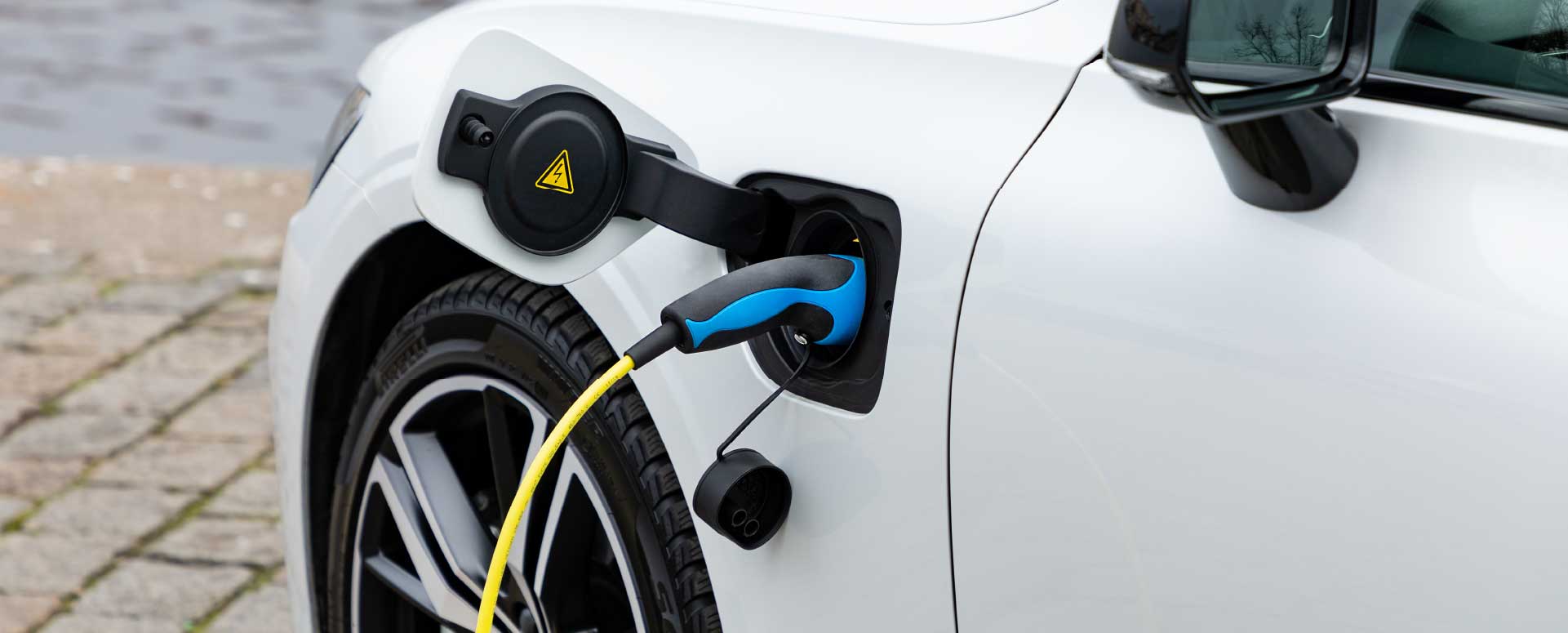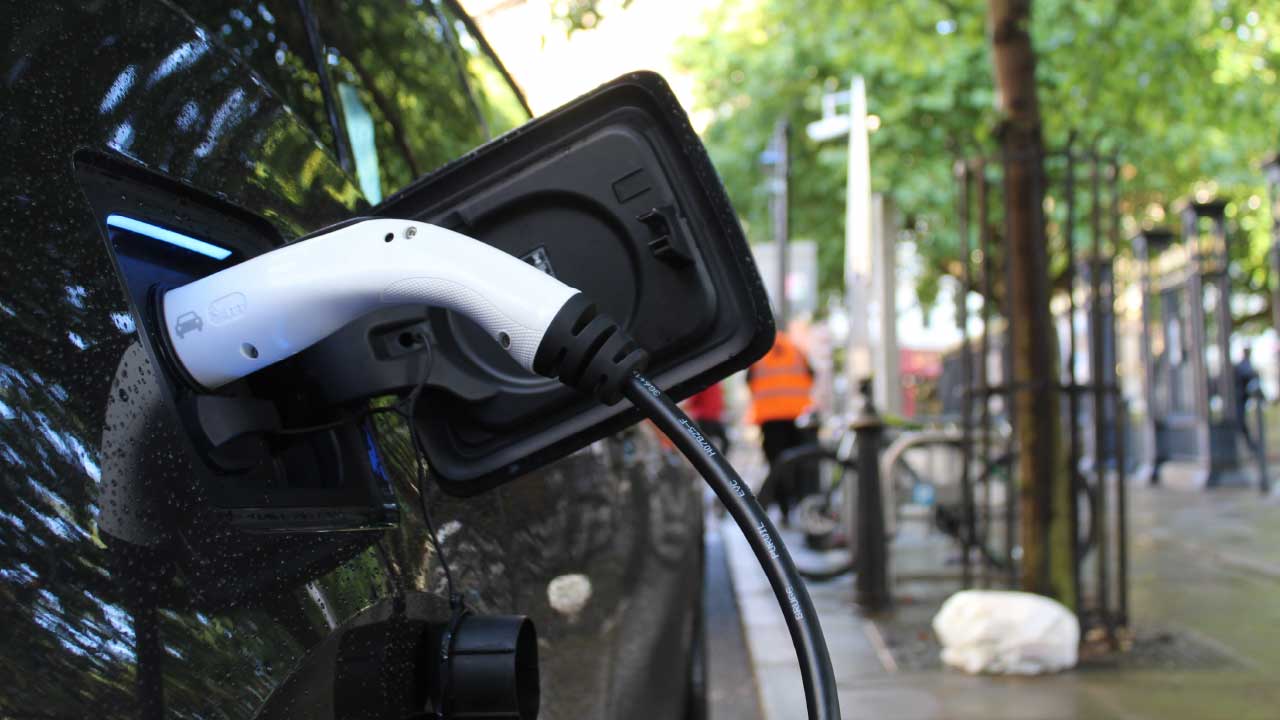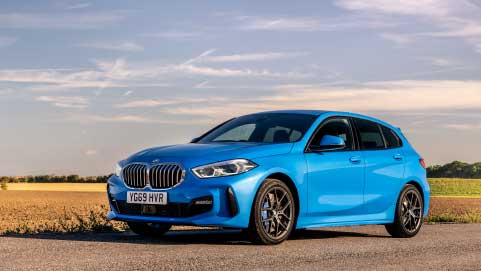Benefits of salary sacrifice
Salary Sacrifice for cars is one of the most affordable ways for your employees to drive a new car. They can benefit from access to a wide range of new company cars, including hybrid and electric vehicles, at discounted rates. Through a Salary Sacrifice Car Scheme, they can potentially afford a brand-new car, which might be too expensive otherwise.
Opting to offer low emission vehicles though Salary Sacrifice is becoming more and more attractive to employers and employees alike, with the potential for even more savings. It is greener, easier and now ultimately more affordable.
What is salary sacrifice?
A Salary Sacrifice scheme is an Optional Remuneration Arrangement which is a benefit scheme that enables employees to get a new car for an inclusive monthly payment that is deducted from their salary before tax. There are no credit checks required for the driver and no large up-front payments on the vehicle.
This monthly payment includes:
- Fully comprehensive insurance
- Road fund licence
- MOT
- Tyres
- Servicing/maintenance
- Breakdown cover
It is important to clarify that a salary sacrifice car is still eligible for company car tax, known as benefit-in-kind (BIK). This is an additional tax that is charged monthly and based on the value of the car, its CO2 emissions and the employee's tax bracket.
The way salary sacrifice schemes operate, sees the employer leasing the car, inclusive of maintenance and insurance, and the employee sacrifices part of their salary before tax to pay for it. This means employers can save on national insurance contributions (NIC) for every employee on the scheme, while participating employees save on national insurance and income tax.
Why are more businesses opting to implement Salary Sacrifice schemes with low emission vehicles?
There are fantastic savings to be had for the employee and employers from successfully introducing salary sacrifice arrangements.
By encouraging employees to opt for low emission vehicles, your drivers will only be charged the benefit-in-kind on the vehicle, providing savings for the amount of salary sacrificed.
For electric cars, the BiK rate is zero percent for the 2020/21 financial year. The rate will rise to just one percent in 2021/22 and two percent in 2022/23. This means this tax break could make salary sacrifice an “effectively perfect” perk for drivers who want electric cars.
Reasons to choose low or zero emission vehicles:
- Employees can benefit from low BIK tax and National Insurance rates
- Reduced fuel consumption and the associated costs
- Can help promote a positive corporate image
- Reduces the impact on the environment, helping to improve air quality
- Drivers gain exemption in many clean air zones and ultra-low emission zones
- Access to the latest innovative in-car and battery technology
Potential Savings
There are a lot of savings to be found through salary sacrifice for both the employer and the employee. The main advantage to employers for implementing salary sacrifice schemes are the savings they make in National Insurance Contributions (NICs). Employers pay NIC contributions on employees’ salaries, but benefits such as salary sacrifice are exempt.
So, in reducing the employees' salaries, in return for other benefits, would allow the employer to pay less in NICs. The savings for an employer can be considerably large if the scheme is adopted by a high number of employees throughout the business. Employees will also be financially better off as they pay less tax and NIC on their salaries while getting to enjoy a brand-new vehicle that would have cost significantly more through personal or business contract hire.
Why should you encourage employees to choose low emission vehicles?
The benefits for employers:
- Significantly enhances the total benefits package
- Supports employee recruitment and retention
- Provides an ‘all employee’ benefit
- Bespoke schemes can be tailored to Individual corporate needs
Financial:
- Reduces salary and national insurance costs
- Controls salary costs via the effective use of flexible benefits
- Lowers business mileage reimbursement costs
Corporate social responsibility:
- Improves compliance with health and safety and duty of care legislation
- Reduces employee travel carbon footprint by encouraging a move from petrol or diesel grey fleet vehicles to safer and lower emission vehicles
- Introducing EVs into your fleet can help address environmental goals and ensure business continuity in the long term.
The benefits for employees:
- Access to a new car every three to four years, usually at a lower cost than other methods of new vehicle provision
- Typically, no deposit or credit checks and no impact on personal credit
- Tax and national insurance liabilities are reduced as payments are deducted from gross salary
- All-inclusive, hassle-free motoring at a fixed monthly cost. This can include servicing and maintenance, breakdown and recovery, road fund licence, fully comprehensive insurance, replacement tyres and accident management.
- Access to a tax-efficient second or third car
Things to consider when setting up a salary sacrifice scheme
Employers
One of the main obstacles in the way of employers setting up a salary sacrifice scheme is the perceived difficulties that could be caused by the additional administration tasks required. A lack of understanding can be a barrier to employers opting to offer this benefit to their employees. In reality, notifying HMRC to register the scheme and setting up the necessary contracts between the employer and employee is relatively straight forward, and most funders will offer guidance through this process.
In the case of the Pendragon Let’s Drive salary sacrifice scheme, Pendragon can provide guidance and assist the customer through the set-up process, providing sample contracts, consolidated invoicing and reports.
Once this is understood, most feel the advantages of salary sacrifice are likely to outweigh any potential difficulties.
Employees
The main thing to bear in mind is that employees are, in effect, accepting a lower rate of salary. If they have an annual bonus that is a percentage of their salary or are in a salary-related pension scheme, then the salary being used in those calculations will be lower. This could mean they might get a slightly decreased bonus or slightly lower salary-related pension.
Similar considerations might affect how much maternity pay someone receives or even how much a mortgage lender would allow them to borrow, especially if they 'sacrificed' a significant amount of salary.






